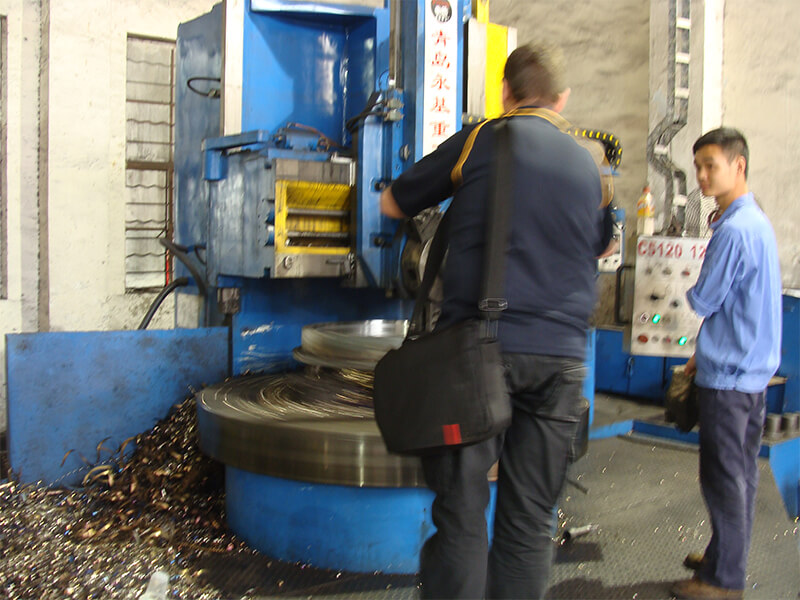- Afrikaans
- Albanian
- Amharic
- Arabic
- Armenian
- Azerbaijani
- Basque
- Belarusian
- Bengali
- Bosnian
- Bulgarian
- Catalan
- Cebuano
- China
- China (Taiwan)
- Corsican
- Croatian
- Czech
- Danish
- Dutch
- English
- Esperanto
- Estonian
- Finnish
- French
- Frisian
- Galician
- Georgian
- German
- Greek
- Gujarati
- Haitian Creole
- hausa
- hawaiian
- Hebrew
- Hindi
- Miao
- Hungarian
- Icelandic
- igbo
- Indonesian
- irish
- Italian
- Japanese
- Javanese
- Kannada
- kazakh
- Khmer
- Rwandese
- Korean
- Kurdish
- Kyrgyz
- Lao
- Latin
- Latvian
- Lithuanian
- Luxembourgish
- Macedonian
- Malgashi
- Malay
- Malayalam
- Maltese
- Maori
- Marathi
- Mongolian
- Myanmar
- Nepali
- Norwegian
- Norwegian
- Occitan
- Pashto
- Persian
- Polish
- Portuguese
- Punjabi
- Romanian
- Russian
- Samoan
- Scottish Gaelic
- Serbian
- Sesotho
- Shona
- Sindhi
- Sinhala
- Slovak
- Slovenian
- Somali
- Spanish
- Sundanese
- Swahili
- Swedish
- Tagalog
- Tajik
- Tamil
- Tatar
- Telugu
- Thai
- Turkish
- Turkmen
- Ukrainian
- Urdu
- Uighur
- Uzbek
- Vietnamese
- Welsh
- Bantu
- Yiddish
- Yoruba
- Zulu
Aug . 14, 2024 17:21 Back to list
High-Quality Precision Casting Services from Leading Iron Casting Manufacturer for Diverse Applications
Precision Cast Iron Casting Factory A Pillar of Modern Manufacturing
In the realm of modern manufacturing, precision cast iron casting plays an essential role across various industries, including automotive, aerospace, energy, and machinery. The process involves careful sculpting, melting, and pouring of cast iron into intricate molds to create high-quality components with impeccable accuracy and durability. At the heart of this process is the precision cast iron casting factory, a facility where advanced techniques and technologies converge to deliver components that meet the stringent demands of today's markets.
The Importance of Precision Casting
Precision cast iron casting is renowned for its ability to produce parts that exhibit superior dimensional accuracy. This method is particularly crucial in industries where even the slightest deviation can result in catastrophic failures or inefficiencies. For instance, in automotive manufacturing, engine blocks and other critical components must adhere to tight tolerances. A cast iron part that is off by just a fraction of a millimeter could lead to engine malfunctions, increased emissions, or even complete system failures. Therefore, precision in the casting process is non-negotiable.
The Casting Process
The process of precision cast iron casting begins with the design phase. Engineers and designers collaborate to create detailed blueprints that specify the dimensions and functionalities of the required components. Once the designs are finalized, the next step involves creating molds, which can be made from various materials including steel or sand. These molds are crafted to exacting standards to ensure that the final product will meet the desired specifications.
The casting process itself involves melting iron at extremely high temperatures, typically in excess of 1400 degrees Celsius. The molten iron is then poured into the pre-prepared molds and allowed to solidify. This process not only forms the desired shapes but also helps refine the microstructure of the material, leading to improved strength and resistance to wear and corrosion.
precision cast rion casting factory

Advanced Technologies in Casting
Innovations in technology have significantly enhanced the precision and efficiency of cast iron manufacturing. The implementation of computer-aided design (CAD) allows for more complex geometries to be easily modeled before the actual casting begins. Furthermore, the use of computer numerical control (CNC) machining facilitates the production of highly detailed and intricate patterns with consistent quality.
Additionally, modern foundries employ real-time monitoring systems to track critical parameters during the casting process. This oversight ensures that any deviations from accepted tolerances can be corrected promptly, reducing waste and production costs. Automation in the form of robotic arms also allows for repetitive tasks to be performed with surgical precision, further enhancing the overall quality of the cast components.
Sustainability and Future Prospects
As industries worldwide strive for sustainability, precision cast iron casting factories are adapting to greener practices. Many facilities are implementing recycling systems to repurpose scrap metal, thereby reducing raw material consumption and minimizing waste. The use of energy-efficient technologies is also on the rise, helping to lower carbon footprints associated with the manufacturing process.
Looking ahead, the future of precision cast iron casting is promising. With the rise of 3D printing technologies and additive manufacturing, the industry is poised for innovation that could further enhance design flexibility and reduce lead times. As these technologies evolve, they will likely complement traditional casting methods, creating a more versatile manufacturing landscape.
In conclusion, precision cast iron casting factories are indispensable in the fabric of modern manufacturing. By combining traditional craftsmanship with cutting-edge technology, they produce high-quality components that are critical to a multitude of industries. As the demand for precision and sustainability continues to grow, these factories will remain at the forefront of innovation, shaping the future of manufacturing.
-
8mm Thin-Walled Cast Steel Manhole Cover Pallet Bottom Ring | Durable
NewsAug.04,2025
-
Premium Cast Iron Water Main Pipe: Durable, Corrosion-Resistant
NewsAug.03,2025
-
Durable Cast Iron Water Mains | AI-Optimized Systems
NewsAug.02,2025
-
High-Efficiency Propane Boiler for Baseboard Heat | Save Energy
NewsAug.01,2025
-
Premium Source Suppliers for Various Gray Iron Castings
NewsJul.31,2025
-
Durable Cast Iron Water Main Pipes | Long-Lasting
NewsJul.31,2025


